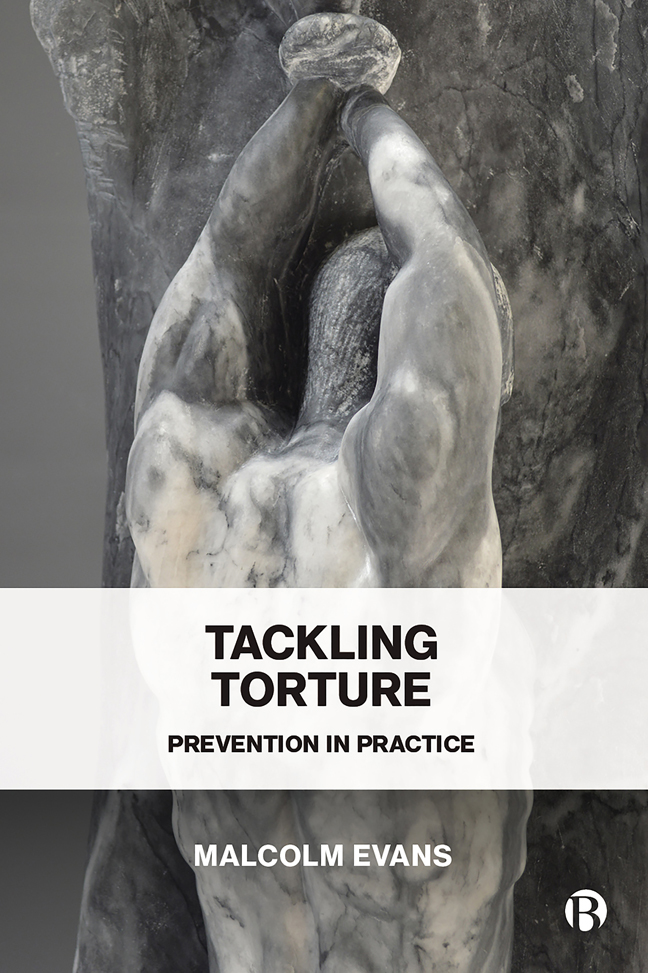1 - What Is Torture?
Published online by Cambridge University Press: 24 January 2024
Summary
Introduction
When a critic says that listening to a musical performance or watching a film or a play was for them a form of ‘torture’, they do not mean to suggest that they have been tortured. While they might be suggesting that they found the experience excruciating, they do not mean to suggest that they really were in pain. They mean that they thought the performance was very poor, and that they did not enjoy it at all. Though some might object to such experiences being described in this way, believing that it trivialises the reality of torture, the use of the word in such a context is effective because it conveys the depth of the critic's response to their experience. The reader is left in no doubt about what the critic thinks: they know that the critic thinks they have been exposed to something terrible, artistically speaking. The reader, like the critic, does not believe that torture has really taken place – but they do know what they mean. But when we are talking about torture – real torture – do we really know what that means?
For many, the abiding image of torture remains that of some medieval castle chamber in which terrible torments are inflicted on the human body by strange and fearful looking instruments or contraptions in a careful, calibrated and calculated fashion to elicit information, a confession or simply to impose the will of the torturer (or, more likely, the will of those responsible for ordering the torture) on the terrified victim in some way. That terror was mental as well as physical – instruments of torture were shown to the victims in advance of their use, and there was no doubting what might be in store for those taken away to be tortured (see generally Langbein, 1977; Peters, 1996). There is, perhaps, some comfort in that image since it seems remote from the realities of the modern world. It encourages us to believe that such things do not really take place today – that torture belongs in the past and, if it does take place today, that at least it is not ‘like that’.
While the places in which torture is inflicted and the tools and techniques of physical and mental torture employed may indeed be different, remove the medieval setting and in many ways very little else really has, in truth, changed (Modvig and Quiroga, 2020).
- Type
- Chapter
- Information
- Tackling TorturePrevention in Practice, pp. 17 - 33Publisher: Bristol University PressPrint publication year: 2023

